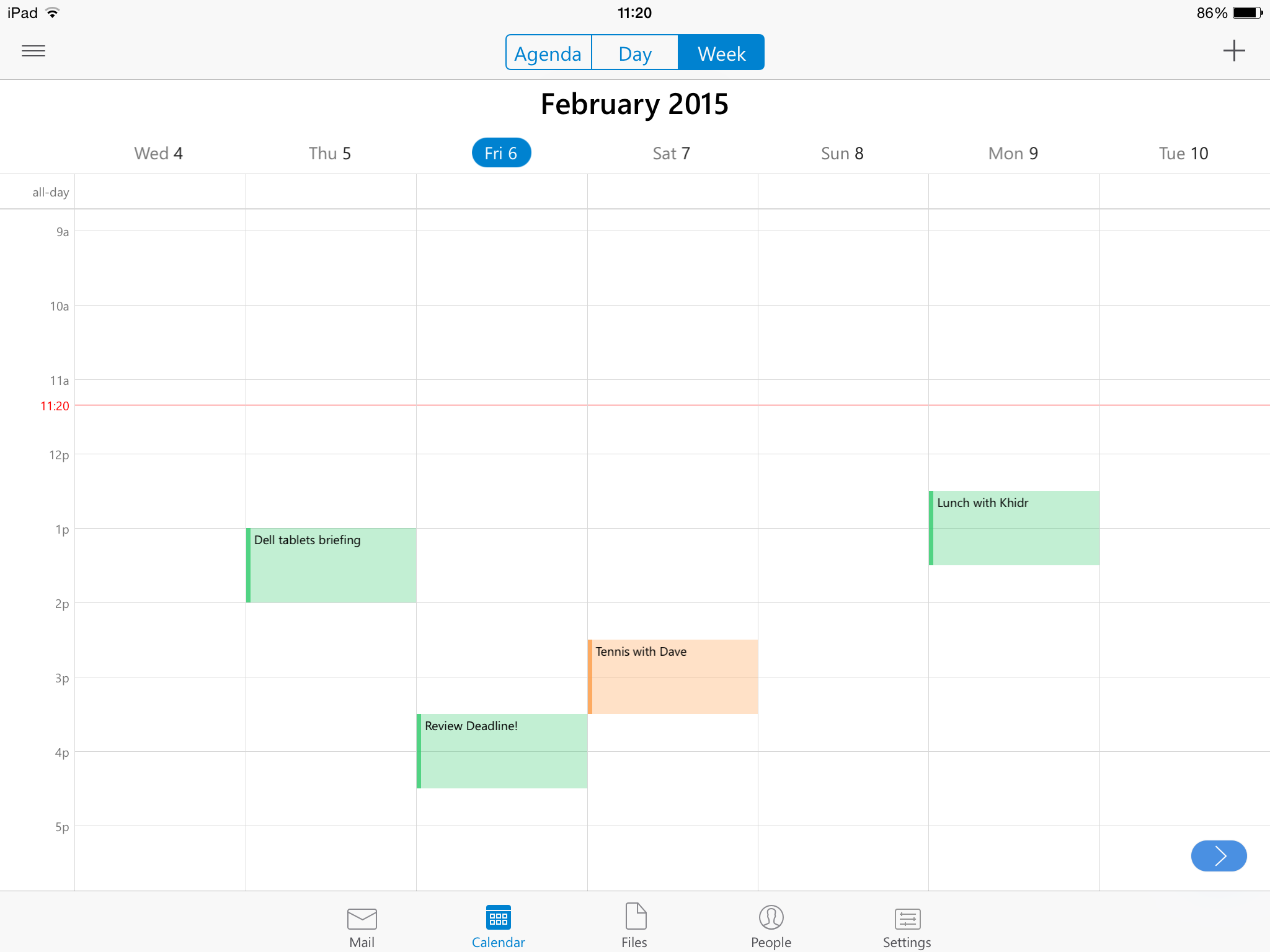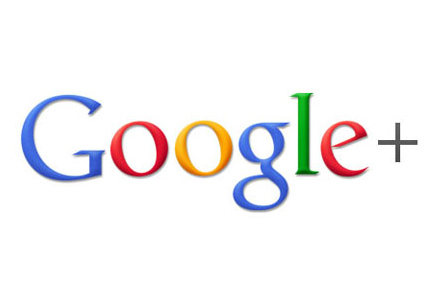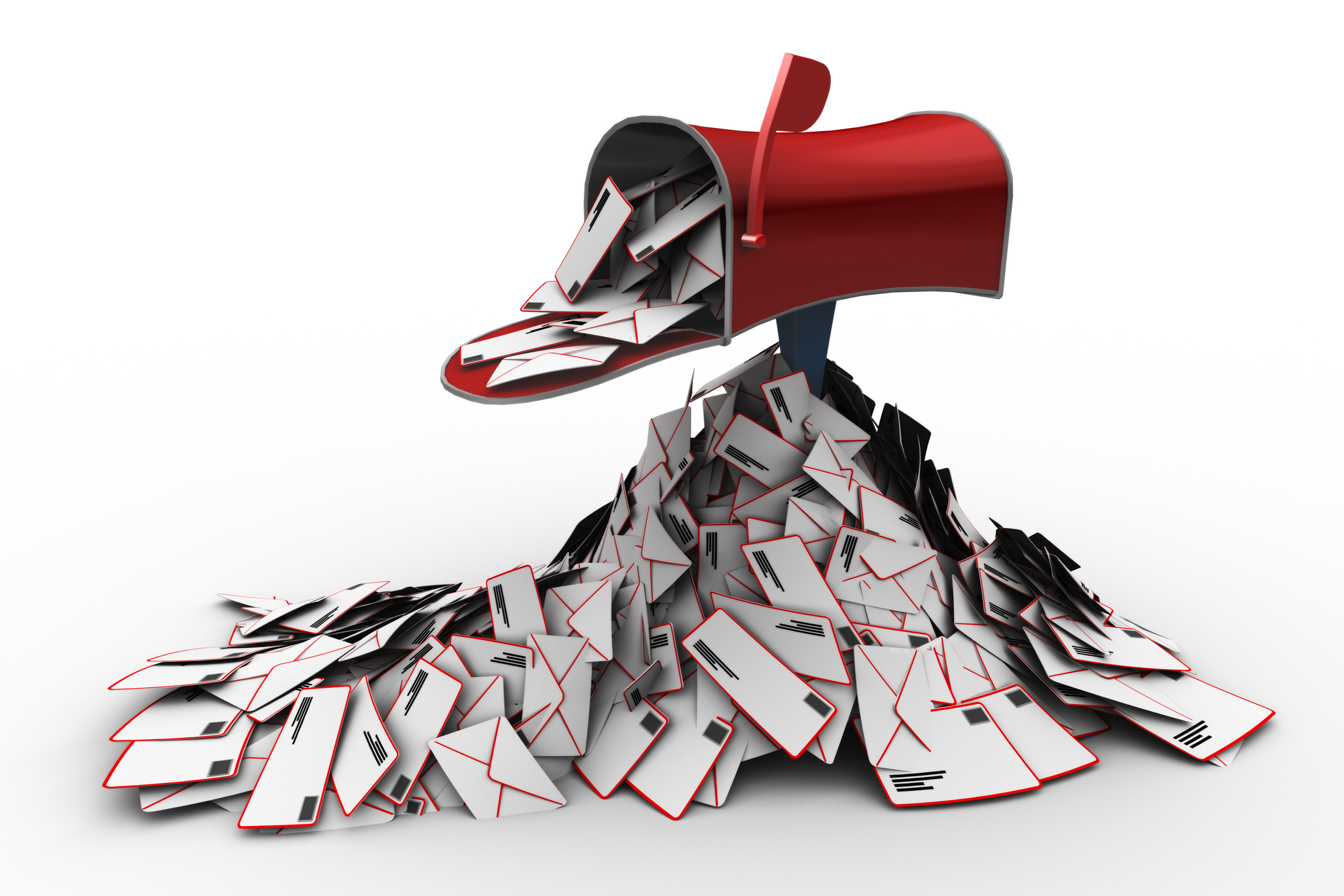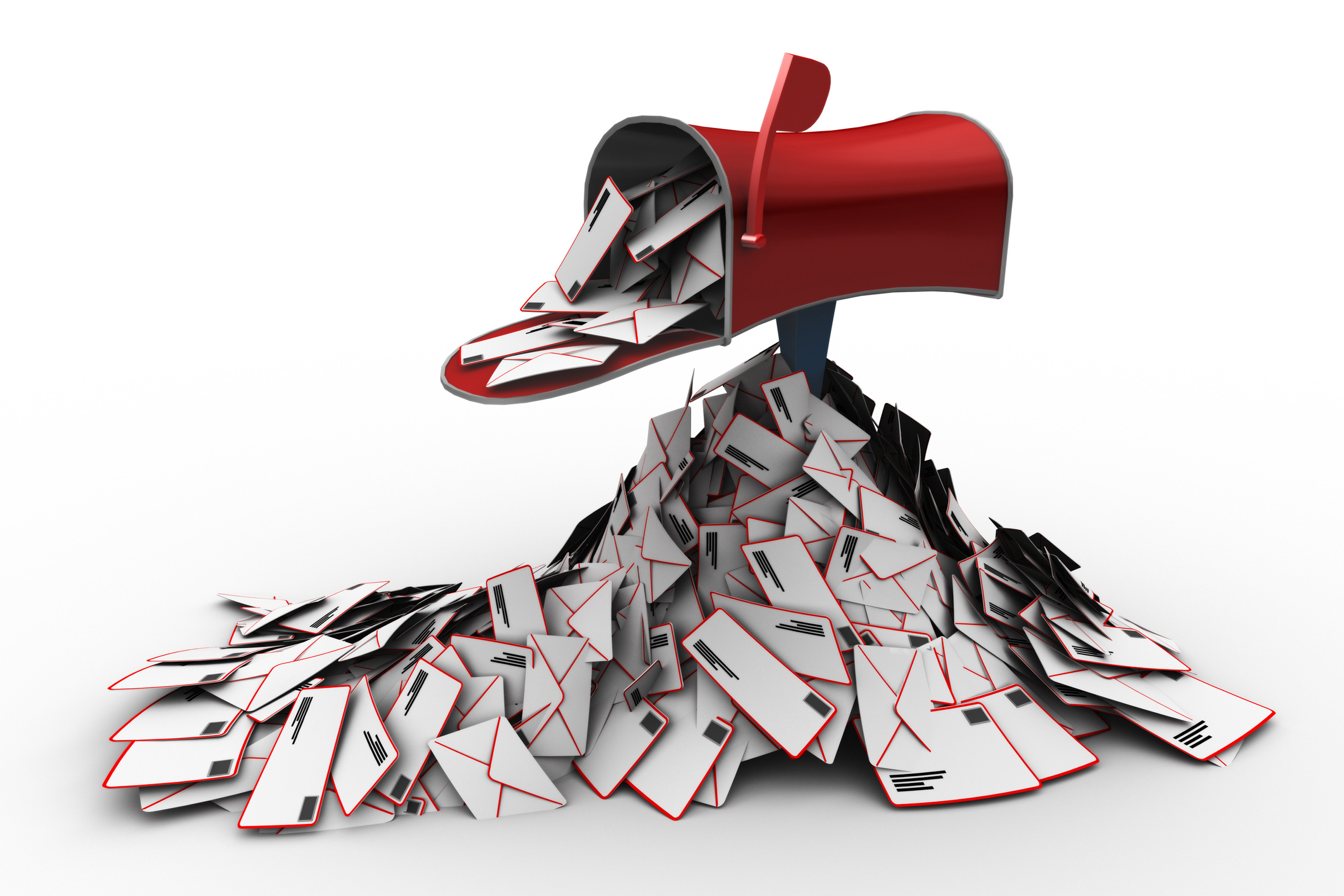Google's tries out CAPTCHAs using rotated images
Google researchers reveal a new form of CAPTCHA which computers are finding difficult to hack.

Google has come up with a new form of CAPTCHA technology, which is based on identifying images rather than letters.
The CAPTCHA requires analysis of the content of an image rather than text, which is believed to be a task that humans perform well in and machines generally do not.
"Unfortunately, there is a war going on between humans and 'bots. Software 'bots are attempting to generate massive numbers of computer accounts which are then sold in bulk to spammers,"Google's researchers wrote in a blog post.
"Spammers use these accounts to inundate emails and discussion boards. Meanwhile humans are trying to simply create an account and don't want to spend a lot of time proving that they are not a program."
Users have to adjust randomly rotated images to their upright orientation - a familiar task carried out by those working with photography.
CAPTCHA (Completely Automated Public Turing Test to tell Computers and Humans Apart) is a test used in computing, which tries to ensure a response is not generated automatically by a computer.
With three images the system had a sufficiently high human success rate of 84 per cent, and a sufficiently low bot-success rate of only 0.09 per cent, according to Google's researchers.
Get the ITPro daily newsletter
Sign up today and you will receive a free copy of our Future Focus 2025 report - the leading guidance on AI, cybersecurity and other IT challenges as per 700+ senior executives
They said that computers were capable of reading some images such as faces, skies and text, but that they could work through their image database to get rid of them.
Last year, IT PRO reported on traditional CAPTCHA techniques being beaten by certain types of spam, while spammers recently started beating reworked Microsoft CAPTCHAs.
-
 AI is helping bad bots take over the internet
AI is helping bad bots take over the internetNews Automated bot traffic has surpassed human activity for the first time in a decade, according to Imperva
By Bobby Hellard
-
 Two years on from its Series B round, Hack the Box is targeting further growth
Two years on from its Series B round, Hack the Box is targeting further growthNews Hack the Box has grown significantly in the last two years, and it shows no signs of slowing down
By Ross Kelly
-
 Apple fixes its spammy calendar with Report Junk feature
Apple fixes its spammy calendar with Report Junk featureNews The new option lets you block spam iCloud calendar invites
By Ingrid Fadelli
-
 Google+ spams users after disk space shortage
Google+ spams users after disk space shortageNews Users receive a gushing apology after Google spams them after disk space shortage.
By Tom Brewster
-
 Pharmacy spammers abuse Google’s good name
Pharmacy spammers abuse Google’s good nameNews Spammers are manipulating Google's logo to make it look as though the search giant has accredited a supposed online pharmacy.
By Tom Brewster
-
 Google ups webspam fight
Google ups webspam fightNews Google promises to up its game in fighting sites breaking its quality guidelines.
By Tom Brewster
-
 UK spam doubles despite global decline
UK spam doubles despite global declineNews Spam may have dropped globally in 2010, but in the UK the situation got significantly worse.
By Tom Brewster
-
 Google supes up email authentication
Google supes up email authenticationNews Google Apps customers can now introduce DKIM authentication and help in the fight against spam.
By Tom Brewster
-
 Google quick to fix Gmail spam exploit
Google quick to fix Gmail spam exploitNews Google has addressed an exploit which tried to send spam to Gmail users if they visited specially-crafted websites.
By Tom Brewster
-
 Google: Current spam levels makes ‘Storm’ look small
Google: Current spam levels makes ‘Storm’ look smallNews A surge in spam means that Google has had to block more than 100 million viruses every day.
By Asavin Wattanajantra